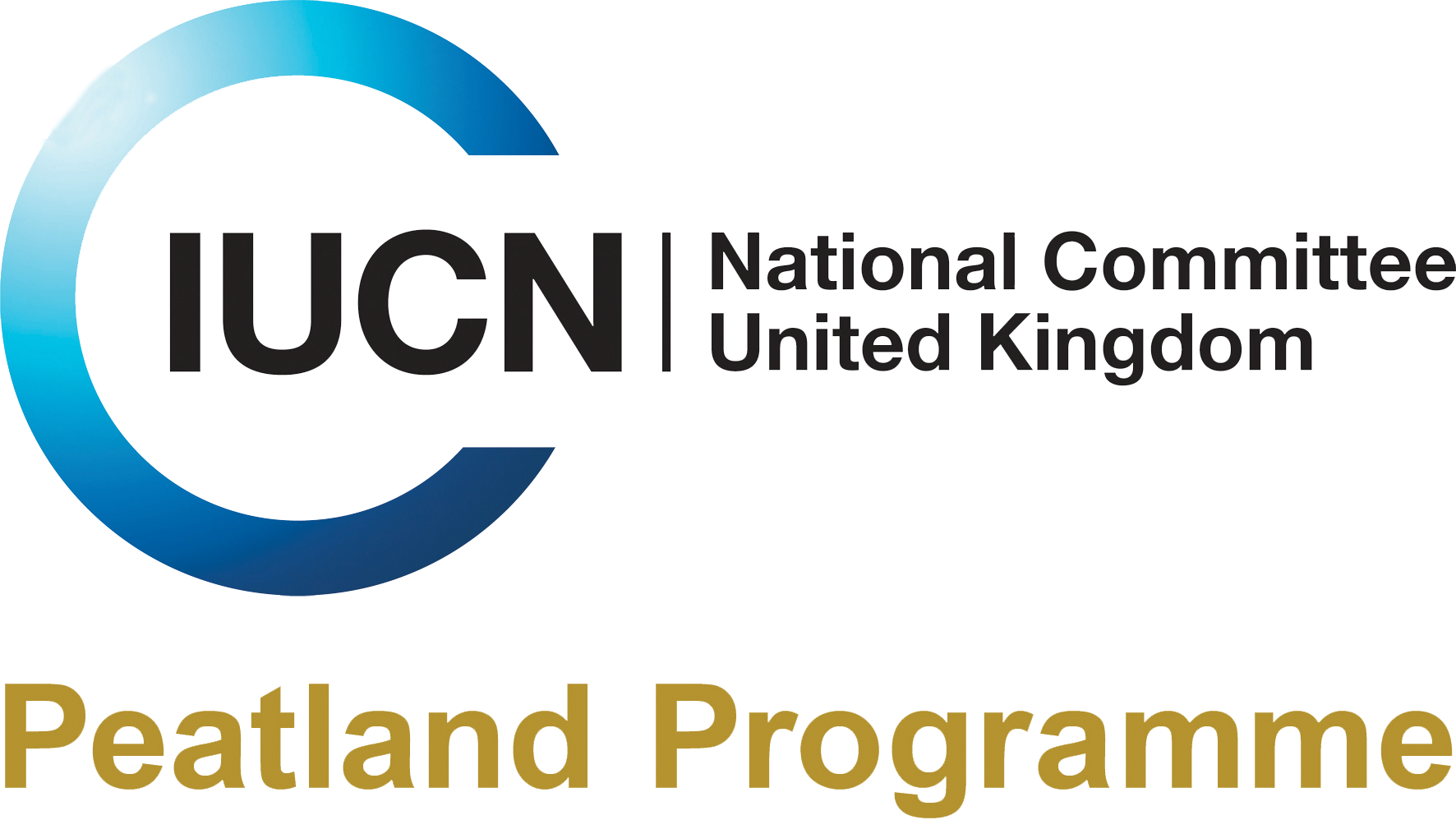Scientists, land managers and industry officials are set to join forces in Edinburgh today (3 November) as a Commission of Inquiry investigates the steps needed to repair our important peatbogs and return them to a state where they remove carbon from the atmosphere and store it as peat.
Alarming evidence that peat soils are being washed down massive networks of old drainage ditches, releasing millions of tonnes of carbon and destroying important wildlife habitats, has already been received by the Inquiry, which is organised by the IUCN UK Peatland Programme. Further evidence on how to help tackle this problem and restore our damaged peatlands will be taken from expert witnesses at today’s Open Inquiry event, hosted by the University of Edinburgh.
The Commission of Inquiry on Peatlands is gathering evidence to demonstrate just how important our peatlands are for storing carbon, maintaining clean drinking water supplies, supporting biodiversity and a preserving a rich historical archive.
Clifton Bain, Director of the IUCN UK Peatland Programme said:
“Our Inquiry highlights the costs to society from allowing peatlands to deteriorate. Peatlands have been damaged by drainage, fires and grazing, with large areas eroding into rivers and reservoirs. This then costs water companies millions of pounds in extra treatment. We are now focusing our Inquiry on repairing this damage with the help of land managers and other experts who have been successful in peatland restoration.”
Dr Mike Billett who is giving evidence from the Centre for Ecology and Hydrology said:
“Our long term investigations at Auchencorth Moss, a peat bog in Midlothian, demonstrate that these areas remove significant amounts of carbon from the atmosphere. Rewetting previously drained bogs can help meet climate change targets and by investing in science to improve our understanding there could be considerable cost savings.”
Lord Lindsay, Chairman of Scotland’s Moorland Forum said:
“In support of the Forum’s commitment to the good management of moorlands and upland areas for farming, sporting and wildlife interests, the Forum proposes to lead the way in promoting the proper management of peatlands and the repair of damaged areas. As properly managed peatland can act as a significant carbon sink and help tackle climate change, there is a strong case for more targeted public and private support for good peatland management.”
Dr Tim Thom, programme manager for the Yorkshire Peat Partnership said:
“In our peatland restoration project in the North of England we have identified around 5000 km of drains needing to be blocked to help restore the peatland and halt the massive erosion which gets worse the longer we leave it.”
The Open Inquiry event will be held on Wednesday 3rd November at Thomson’s Land, University of Edinburgh where the specialist panel will take evidence from expert witnesses and members of the public.
